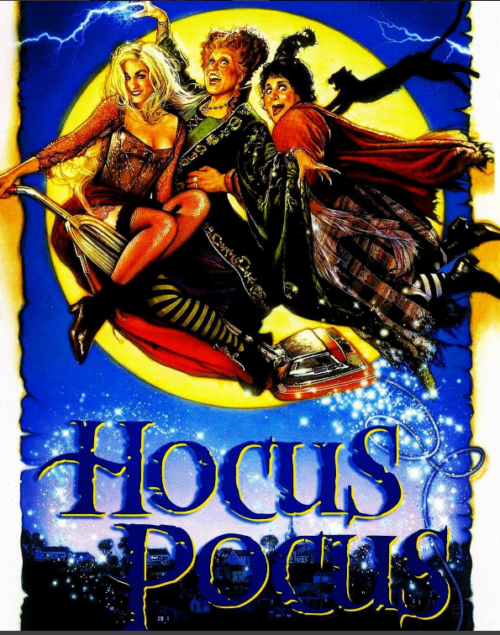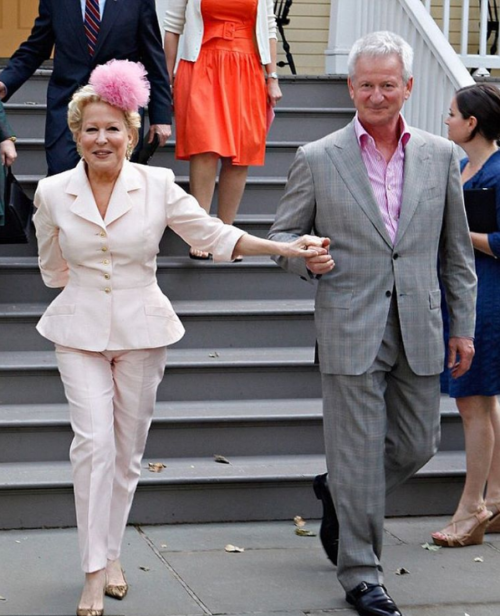Tavis Smiley (NPR)
08-26-2004
Analysis: Attending a Prince concert
Host: TAVIS SMILEY
Time: 9:00-10:00 AM
TAVIS SMILEY, host:
Audio: Michael Eric Dyson: Finding Faith at a Prince Show Click on the Tavis Smiley Show Audio
From NPR in Los Angeles, I’m Tavis Smiley.
(Soundbite of music)
SMILEY: He’s been known as The Artist, The Artist Formerly Known as Prince, and now he’s just, well, Prince again. Prince’s rare connection with his audiences can be attributed to the honesty and authenticity of his sound, his complex arrangements and the seamless way he ties together various musical genres. The 20th anniversary special edition DVD release of his hugely successful “Purple Rain” movie and musical score landed in stores this week.
Our regular commentator, Michael Eric Dyson, has recently attended a Prince concert. Man, isn’t that an experience? Dyson says that at a concert is where you hear how Prince has evolved over the years as an artist and a man. Michael Eric Dyson, how you living?
MICHAEL ERIC DYSON (Commentator): Doing fine, Brother Tavis. Welcome back, man.
SMILEY: I’m glad to be back. Thank you very much. I’ve had the pleasure, as you have had, of seeing Prince on this recent “Musicology” tour, and I probably shouldn’t say this because people are going to call me a stalker. I’ve seen–well, let’s put it this way, I’ve seen Prince more times than I’m willing to admit on radio that I’ve seen on this one tour.
DYSON: All right. Oh, I understand completely, Brother.
SMILEY: I’ve been stalking my man.
DYSON: You know what? He’s stalk-worthy. There’s no question that Prince represents the height, the apotheosis, the zenith, the furthest point in development in the evolution of what an artist can be and should be when he or she submits him or herself to the powers that be, to the musical muse, to the inspiration from which they draw to reflect back to the world the depths of their spirituality, their sensuality, their belief about life and death. He’s doing it, man, and I saw him again the other night, and it just reinforced to me how remarkable, how utterly unique and how incredibly creative he is, and he’s taking us forward by going back, so to speak, going back to when music was real, when one took seriously the fact that this was about communication between human beings, that is music. So I understand the stalking, bro.
SMILEY: You mentioned two words there that got my attention in your verbal expose of how bad this man really is. Spirituality and sensuality were the two words that really got my attention in your prose there a moment ago. Let’s back up to the spirituality, because I suspect some people might take offense to your notion that a Prince concert is like a religious experience or a worship service.
DYSON: Oh, I think there’s no question that it is. I mean, at its best, spirituality is about breathing, inspiration. The very word itself draws from, to breathe, to inspire, to breathe new life of creativity into the doldrums and the mundane experiences of life. And it’s not religion. Religion comes from the word religare, to bind together. It’s an institutional expression of an ideal about God or one’s relationship to the transcendent, but spirituality makes religion behave right. Spirituality is about the impulse to understand that we’re human beings together in a collective enterprise of exploring our human identity. And in that sense, Prince is really on his game and inspires us to think about what it means to live, to love, to suffer, to celebrate. He spoke very explicitly about God. He pointed to the heavens several time when people were praising him; as we used to do in church, not me but God, behind me, above me, around me, who is the source of my life. And I think in that sense, Prince transformed that arena of 20,000 people into a place of psychic and spiritual uplift, and I think everybody there can testify, so to speak…
SMILEY: Yeah.
DYSON: …that it was, indeed, a thrilling experience.
SMILEY: Can I just say I’m a witness?
DYSON: Amen.
SMILEY: You know what’s fascinating? I mean, there are so many things about this guy that I love. I mean, he’s the rarest of artists who has been able to find a certain freedom, a certain reach or depth with his art, and when I say freedom, I don’t mean just from record labels either.
DYSON: That’s a key word there, freedom. Because you see, Tavis, in one sense, one has to have enough emotional and intellectual maturity to first define freedom and then to grasp it. Prince has evolved as a 45-year-old man–though if you look at him, you’d think he was about 27 up on that…
SMILEY: Exactly.
DYSON: …stage, brother. He’s moving like a 22-year–I defy anybody…
SMILEY: Yeah.
DYSON: …20 years younger than him to hang with that brother (unintelligible).
SMILEY: Yeah. What do you make–I don’t mean to cut you off in between directions here…
DYSON: Yeah, right.
SMILEY: …but isn’t it amazing to see this guy for two and a half hours…
DYSON: Yeah. Well, he put it–and he didn’t stop.
SMILEY: He doesn’t stop.
DYSON: He didn’t stop.
SMILEY: Yeah.
DYSON: Bette Midler was behind me out of her mind.
SMILEY: Yeah.
DYSON: He was driving Bette crazy.
SMILEY: Yeah.
DYSON: And Bette Midler is a world historical figure in the artistic community–What?–59 years old, has held her own for, lo, these many years, bowing down at the altar, so to speak, to acknowledge his genius. And it’s about this thing you’ve talked about, the freedom, the ability to define who he is, to accept who he is, and to celebrate that without hindrance or limitation. That is as close approximation of the possibility of what spiritual freedom means. And also it then translates into emotional maturity at a certain level and certainly artistic freedom and artistic maturity. So Prince has closed the circle on that loop and has reclaimed his space and place as one of the culture’s most unique artists and arguably the greatest, doing what he’s doing right now.
SMILEY: This is, as I mentioned, the 20th anniversary of “Purple Rain” and they’ve put into a special DVD. The Artist, Prince, did not participate, did not involve himself with this special 20th anniversary release. That said, though, what’s your favorite Prince song?
DYSON: (Singing) Controversy…
SMILEY: Ahh.
DYSON: For two and a half hours, Tavis, we sang every song…
SMILEY: Yeah.
DYSON: …as if it were our favorite, because what a great artist does is convince you that his next song is better than the one before, and you thought that was the best one.
SMILEY: Well, you know, I was fit to be tied. I saw him one night somewhere on the road and I guess I’d stalked him so much, he saw me in the audience, I got a shout-out from the stage, and I about passed out.
DYSON: Brother, you can go onto heaven now. No.
SMILEY: Michael Eric Dyson is a professor in the humanities at the University of Pennsylvania. His latest book is “Mercy, Mercy Me: The Art, Loves and Demons of Marvin Gaye.” As always, Mike, holler.
DYSON: Holler back.






